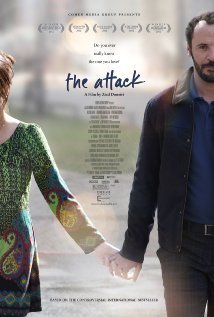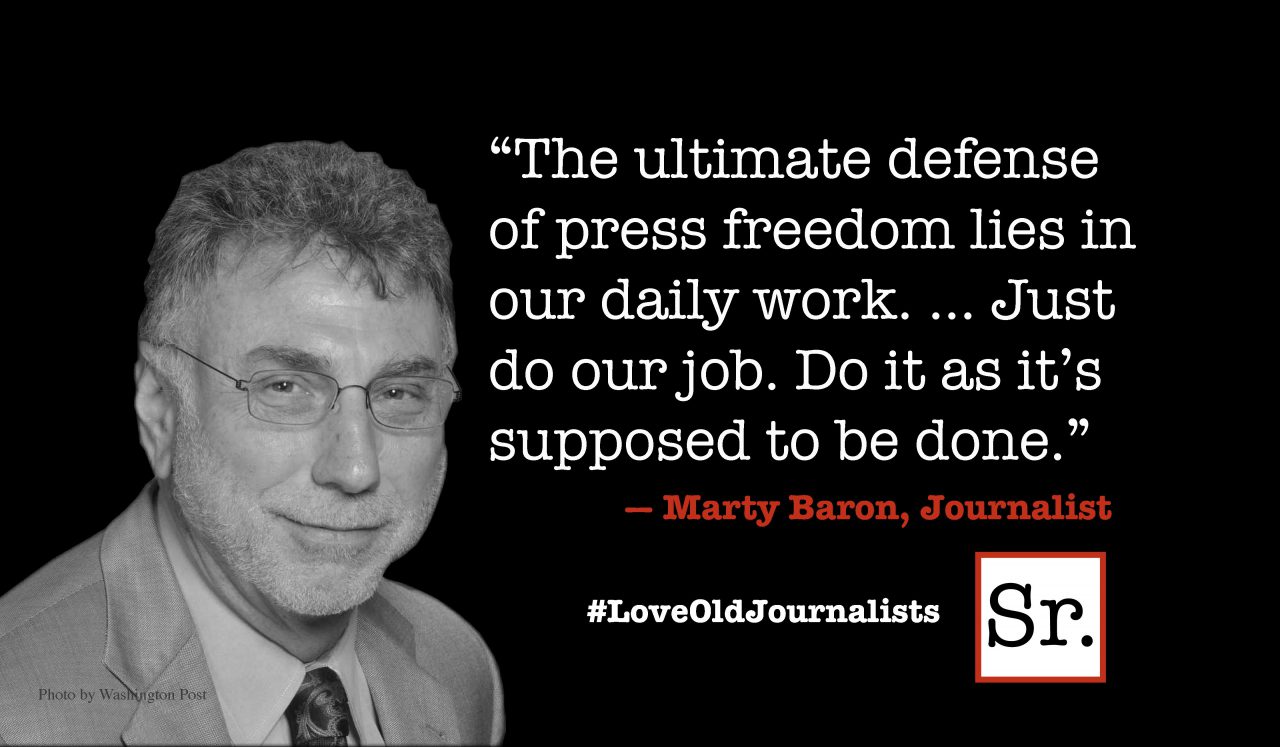Amin Jafaari is leading the good life. Though an Arab, he has carved an enviable niche in Israeli society. He has a beautiful wife, a fine home, and an illustrious career as a hotshot surgeon. As the film begins, in fact, he is accepting a prestigious award … the first Arab to ever receive it.
The buzz won’t last long. The next day a suicide bombing sends dozens of victims — mostly children attending birthday parties in a Tel Aviv restaurant — to Amin’s emergency room. With professional cool he patches together bodies (although one bloody victim refuses to be treated by an Arab).
The nightmare is just beginning. He’s called back in the middle of the night to identify the body — or the half that’s still recognizable — of the suicide bomber. It is his wife, Siham.
Amin is rocked. He protests that his wife — she was off visiting relatives — would never do such a thing. Before long he’s in handcuffs being manhandled by a scary cop (Uri Gavriel) who seems determined to make him an accomplice to the crime. After three sleepless nights (his cell rocks to high-volume death metal) Amin finds himself out on the street.
When a goodbye letter from his wife arrives in the mail, Amin must admit that Siham was, indeed, the bomber. But why? How did she hide this part of her life from him? How could he be so clueless?
That confusion and angst is perfectly captured by Nazareth-born actor Ali Suliman. He’s terrific … and he needs to be, because I can’t help that this psychological study from Lebanese writer/director Ziad Doueiri is a bit of a cheat.
Amin becomes obsessed with tracing Siham’s final days. He travels to the regional burg where she was last heard from — and is shaken and dismayed to see her photograph on posters celebrating her martyrdom. Her family members are at a loss. Despite threats from thugs at a local mosque, he stalks the radical imam who may have inspired Siham. The cleric tells him to get lost before he brings the secret police down on them.
He finds a Greek Orthodox priest (Siham was Christian … go figure) who may have connections with the Palestinian bombers, but that interview provides nothing concrete. Finally Siham’s brother turns over a videotape of her “martyr’s statement" … but that reveals very little.
In fact, “The Attack” refuses to answer any of Amin’s (and our) questions. Which is, on the one hand, a valid approach, since none of us can know what’s going on deep inside even our dearest loved ones. Sometimes life’s questions are unanswerable.
But it also feels a bit disingenuous, like the deck has been stacked with too many jokers. We see the happy couple in flashbacks (she is played by Reymond Amsalem), where there’s no inkling of Siham’s radicalization. Why would she hit a restaurant filled with children? Why would a Christian assume the most radical pose of the Arab cause?
Happily, Suliman’s performance as the anguished, angry, confused Amin is so good that it carries us along. It’s only in retrospect that “The Attack’s” underpinnings start to unravel.









